The Best Remixes for Wedding DJs 2023

Wedding season has arrived! DJcity’s Remix Director Sir Marcus has put together a list of wedding-friendly tracks guaranteed to freshen up your DJ sets and...
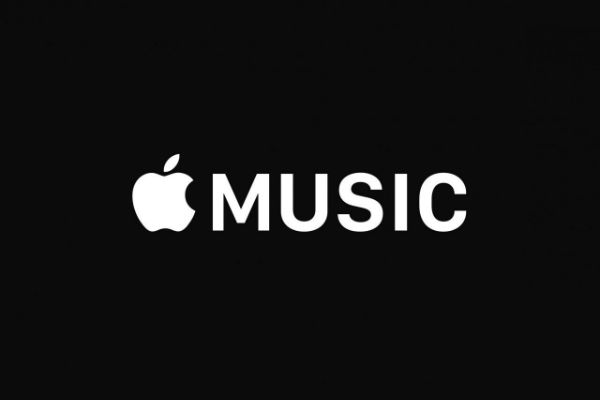
Dubset has announced a partnership that will allow Apple Music to stream remixes and DJ mixes that had previously been absent due to copyright issues, Billboard reports.
The website writes:
“Dubset is a digital distributor that delivers content to digital music services. But unlike other digital distributors, Dubset will use a proprietary technology called MixBank to analyze a remix or long-form DJ mix file, identify recordings inside the file, and properly pay both record labels and music publishers.”
The partnership could be a game changer because licensing remixes and mixes is incredibly complex. According to Dubset CEO Stephen White, a typical mix has 25 to 30 songs that require payments to 25 to 30 record labels and anywhere from two to ten publishers for each track. As Billboard points out, that could be more than 600 different rights holders.
Not all remixes and mixes will be allowed on Apple Music, though.
According to Billboard: “Once an uploaded mix is analyzed, a process White says takes about 15 minutes for a 60-minute file, MixBank checks the recordings, as well as its underlying composition, against the controls and restrictions set by rights holders. For example, rights holders can blacklist an artist, album, or track. They can create a rule to limit the length of a song used in a remix or mix. Rights holders can prevent an artist from being associated with certain other artists and they can control which territories will and will not get the content. Then there’s an optional review process at the end so a rights holder can give a final approval for the file before it is distributed.”
If the remix or mix passes the tests, the remixer or DJ is notified and can select the desired distributors (others are coming soon). If the content fails the tests, the creator receives an explanation and a chance to make the necessary changes before submitting it again.
But here’s where it really gets interesting. According to Billboard, even the remixer or DJ will get a share of the earnings.
“In many ways, Dubset is like any other distributor. The service pays Dubset for the content. Dubset then figures out which label and publishers to pay. It retains a percentage of revenue for the service and pays the creator (the remixer or DJ) a share of revenue (White won’t provide the specific amount of each). Major labels and independent labels are paid at the same rates. Big DJs and small DJs also earn the same rates.”
“The goal is to bring this to all 400 distributors worldwide,” White told Billboard. “When you think about unlocking these millions of hours of content being created, it’s significant monetization for the industry.”
DJs and rights holders can sign up here.
Related: DJs Should Stop Playing SoundCloud and YouTube Rips

Wedding season has arrived! DJcity’s Remix Director Sir Marcus has put together a list of wedding-friendly tracks guaranteed to freshen up your DJ sets and...
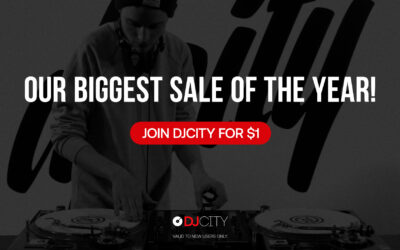
We just launched our biggest sale of the year! Get 90% off a DJcity membership and join for just $1 (regular price $10) for the first month when you check...
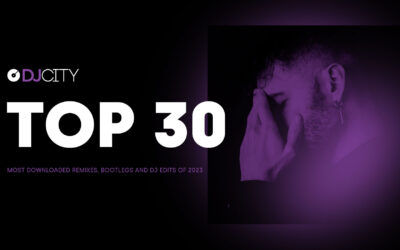
ATCG. Last Thursday, DJcity revealed its most downloaded tracks of 2023. Today, we dive deeper to uncover the most popular remixes, bootlegs, and edits of...

Here at DJcity, customer satisfaction is crucial, and therefore we always take input and feedback from our customers and DJ community very seriously. Due t...
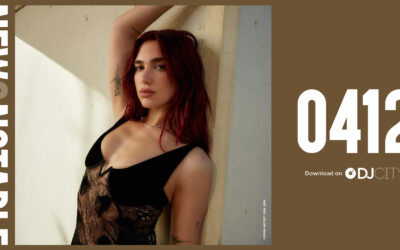
New tracks that DJs should know about.
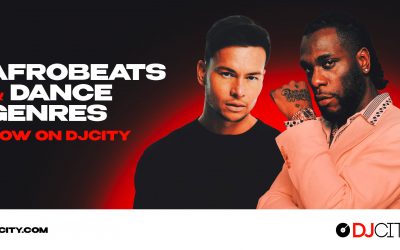
At DJcity, we are always working to make sure that the way our record pool functions reflects the needs of our users. Therefore in our latest update, we sw...

Safety First!. (Source: Safety First!) Veteran Manchester-based DJ/producer Safety First! has released a DJcity exclusive remix of Salt-N-Pepa‘s hip-hop cl...
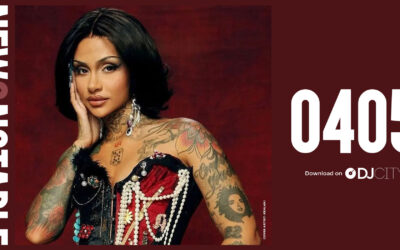
New tracks that DJs should know about.
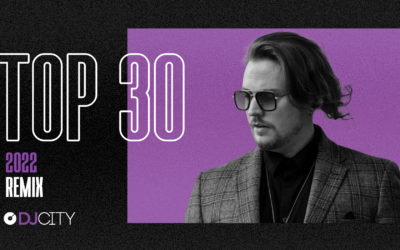
GRAYMATTER. Yesterday, DJcity revealed its most downloaded tracks of 2022. Today, we dive deeper to uncover the most popular remixes, bootlegs, and edits o...
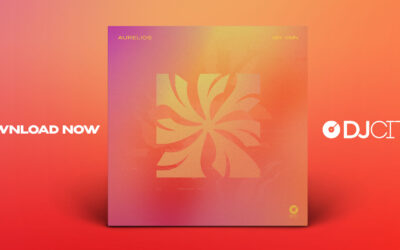
Italian DJ/producer Aurelios drops his first release on DJcity Records titled "Mr. Vain." The track is a hard-hitting house remix of the 90s club classic w...